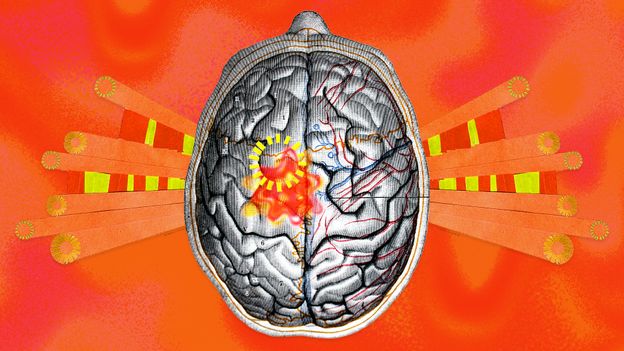T4K3.news
Study Links Grief to Higher Mortality Rates
A Danish study shows intense grief increases death risk by 88% over ten years.

A recent Danish study highlights the dangers of prolonged grief symptoms on health and longevity.
Intense Grief Linked to Significantly Higher Mortality Risk
A decade-long study from Denmark reveals that intense, prolonged grief can increase the risk of death by 88% over a ten-year period. Researchers followed 1,735 bereaved individuals and found that those with persistent high levels of grief sought more mental healthcare and had higher mortality rates compared to those with lower grief symptoms. The study noted a troubling correlation between elevated grief levels and the use of psychotropic medications, suggesting that those at risk may be identifiable even before experiencing loss. Early intervention could play a crucial role in improving their long-term health outcomes.
Key Takeaways
"This is the first study to investigate the long-term use of healthcare and patterns of mortality over a decade after bereavement."
Dr. Mette Kjærgaard Nielsen highlights the study's unique focus on long-term effects of grief.
"The high grief group had lower education on average, suggesting a deeper vulnerability after loss."
Nielsen points to educational disparities and how they may affect grief outcomes.
"We have previously found a connection between high grief symptom levels and higher rates of cardiovascular disease."
Nielsen notes existing links between grief and physical health issues, calling for further research.
"A GP could look for previous signs of depression and other severe mental health conditions."
Nielsen advises general practitioners on early intervention possibilities for grieving patients.
This study brings attention to the overlooked health consequences of prolonged grief, emphasizing the need for better mental health support. The findings suggest that healthcare providers should monitor patients who show signs of intense grief, especially those with pre-existing mental health issues. By recognizing early indicators, medical professionals can intervene effectively, potentially reducing the risk of adverse health outcomes such as increased mortality. This insight is vital for public health strategies focused on mental health and bereavement care in an aging population.
Highlights
- Grief has a profound impact beyond emotional pain.
- Mental health support is crucial during bereavement.
- Ignoring grief can lead to serious health risks.
- Prolonged grief is not just emotional; it can be deadly.
Long-Term Grief Linked to Health Risks
The study presents significant findings indicating that prolonged grief can lead to serious health issues and higher mortality rates, raising concerns for mental health support practices.
Prioritizing mental health care for the bereaved is essential for improving their long-term outcomes.
Enjoyed this? Let your friends know!
Related News

Danish study links grief to higher risk of early death

Intense grief raises risk of death within ten years

New study shows grief can lead to increased mortality

Study shows grief can increase death risk

Proposed Medicaid cuts may endanger maternal health

New MRI test predicts biological aging and health risks

Extreme heat raises stroke mortality risk

Harvard study finds cancer link to Coldwater Creek contamination
